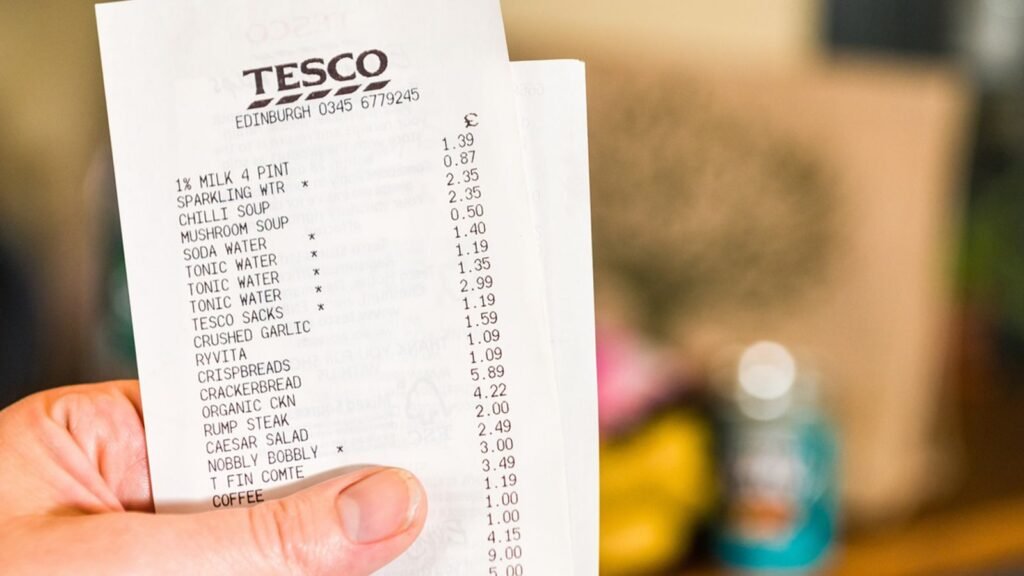Octopus Energy was only set up in 2015 but has shaken up the energy market.
Its website boasts of being the UK’s “most awarded energy supplier” and promises cheap, renewable energy for households.
But now the advertising watchdog has found that some of the firm’s ads were “likely to mislead”.
It partially upheld a complaint from its rival, British Gas.
Here’s a breakdown of the row…
What did the Octopus ads say?
The Octopus ads across social media, radio and billboards claimed: “Most homes would save with Octopus.”
And an email on 7 October said: “We’ve been notified by another supplier that you’ll be switching to them… Will they really save you money?
“We’re generally the cheapest or near enough: in fact, nine out of 10 Octopus customers pay less than they could with any other large supplier on the same product.”
The British Gas complaint – and the Octopus defence
British Gas complained that only consumers on a standard variable tariff (SVT) with another supplier would save money.
But Octopus said the ads were intended to highlight the potential savings that a significant majority of consumers currently on standard tariffs could achieve if they switched to the supplier.
It told the Advertising Standards Authority (ASA) that it did not claim that Octopus was the cheapest supplier in every scenario or for every tariff type, adding that it would be willing to make changes to its advertising.
Regulator accepts most would save money
The ASA said consumers would understand from the claims that energy bills would be cheaper for most households if they were to switch to Octopus from any other provider.
The regulator understood that 80% of gas customers and 71% of electricity customers with other providers were on their supplier’s default SVT.
It noted that Ofgem data from June 2024, based on average annual tariffs in the preceding quarter, showed that Octopus had the cheapest SVT of the seven major suppliers, saying: “We considered that those customers who switched from a non-Octopus SVT to an Octopus SVT were therefore likely to achieve a saving.
“Because those potential customers constituted the majority of UK households, we considered that most homes could or would potentially save money.”
But ads were still ‘likely to mislead’…
The ASA still found that Octopus had probably misled people.
It said consumers who were on a fixed tariff with another supplier might not necessarily save if they switched to Octopus, while Octopus customers on an SVT seeking to move to a fixed tariff might achieve a greater saving if they switched to another supplier.
The ASA said: “Because the ads did not make clear that the claims that most homes ‘could’ or ‘would’ save applied only to consumers on non-Octopus SVTs who chose to switch to an Octopus SVT, we considered they were likely to mislead.”
Regarding the claim that Octopus was “generally the cheapest or near enough”, the ASA found that other types of tariff, such as fixed rate tariffs, could be cheaper with another large supplier, ruling: “Because the ad did not make clear the basis of the claim, we considered that it was misleading.”
‘Ads must not appear again in current form’
The ASA’s ruling said: “The ads must not appear again in their current form.
“We told Octopus Energy to ensure that they included adequate substantiation to support claims, including comparisons with identifiable competitors, in their marketing materials and to make the basis of any claim clear in their advertising.
“We also told them to ensure that any comparative claims were verifiable.”
What did Octopus say?
A spokesman said: “The ASA confirmed the headline in our advert – that most homes could save with Octopus – but asked for a little bit more clarification in the small print, which we were delighted to add.”

